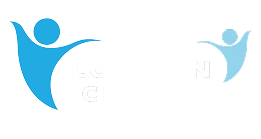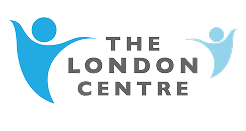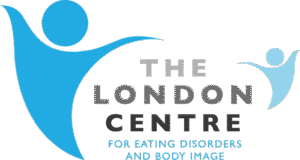Family Therapy for Eating Disorders
A compassionate, evidence-based approach that helps families understand, support, and strengthen their relationships during recovery.
Family Therapy EXPLAINED
What Is Family Therapy for Eating Disorders?
Family Therapy is a supportive, evidence-based approach that involves the whole family in the recovery process. It helps families understand the psychological, emotional, and behavioural aspects of eating disorders, and provides a space to work together towards healing and change. At The London Centre, Family Therapy is often part of personalised treatment pathways, including structured models such as Family-Based Treatment (FBT) and family-supported CBT.
1.25M
people living with an eating disorder
Our approach is grounded in compassion, collaboration, and practical guidance—without blame or judgement.
46%
of Adults feel unhappy about their appearance

Understanding the Role of Family in Recovery
Family dynamics and communication patterns can strongly influence recovery. Therapy helps families understand one another’s experiences and develop healthier, more supportive ways of relating.
Collaborative Healing
Therapy provides opportunities to reflect, learn, and grow together, building resilience and strengthening relationships during what is often a challenging time.
How Family Therapy Supports Recovery
Family Therapy helps the individual experiencing the eating disorder and their loved ones rebuild trust, develop shared understanding, and create supportive routines. Sessions may include guided discussions, reflective exercises, and skill-building tailored to each family. The overall aim is to reduce conflict, improve communication, and increase confidence in supporting the recovery process at home.
Rebuilding Communication and Trust
Families learn to express thoughts and feelings constructively, enabling everyone to feel heard, respected, and understood.
Learning Practical Support Strategies
Therapy provides families with the tools they need to offer effective, compassionate support, understand triggers, and respond helpfully to difficulties or setbacks.

Family-Based Treatment (FBT)
Family involvement can play a vital role in recovery. At The London Centre, we offer a range of specialist family approaches including Family-Based Treatment (FBT), systemic family therapy, and family-supported CBT to help parents and carers understand, respond to, and actively support their loved one throughout treatment. Our family work focuses on empowering families with practical tools, strengthening communication, and providing a structured, compassionate framework for navigating the challenges of eating disorder recovery at home.
Family Therapy for Anorexia (FT-AN)
Our FT-AN approach supports parents and carers to take an active, informed role in their child’s recovery. Guided by experienced family therapists, sessions offer structure, clarity, and practical strategies for managing eating difficulties and building confidence within the home environment.
FT-BN focuses on strengthening communication, reducing shame, and helping families work collaboratively to support recovery. This approach helps parents and carers understand the emotional and behavioural function of eating difficulties while restoring supportive, effective relationships around food and wellbeing.
Family Therapy for Bulimia (FT-BN)
The Maudsley Family-Based Treatment Approach
Maudsley Family-Based Treatment (FBT) is a structured, evidence-based model developed for young people with eating disorders, particularly restrictive eating difficulties. FBT empowers parents and carers to take the lead in supporting nutritional and emotional recovery at home, with guidance from trained clinicians. The model progresses through three phases, refeeding, handing back responsibility, and supporting adolescent development.
Who Can Benefit from the Maudsley Approach
FBT is most suitable for children and adolescents who live at home or can return to the family home for the duration of treatment, especially when early intervention is possible.
Although FBT is structured, sessions are always personalised and may include individual time with the young person alongside joint family sessions.
Flexible, Personalised Care

Benefits of Family Therapy for Eating Disorders
What to Expect in a Family Therapy Session
Is Family Therapy Right for Your Family?
Family Therapy can be beneficial for families experiencing tension, anxiety, or communication difficulties related to an eating disorder. It provides a structured, compassionate space to understand one another, navigate challenges, and work together more effectively. Our clinicians will help you understand which type of family intervention, Family Therapy, FBT, FT-AN, FT-BN, or family-supported CBT, is most suitable for your situation.

Start your journey
Take the First Step
Towards Healing Together
Support is available, and families do not have to manage these challenges alone. Recovery is possible, and with the right guidance, families can reconnect, strengthen their relationships, and move forward with confidence.


